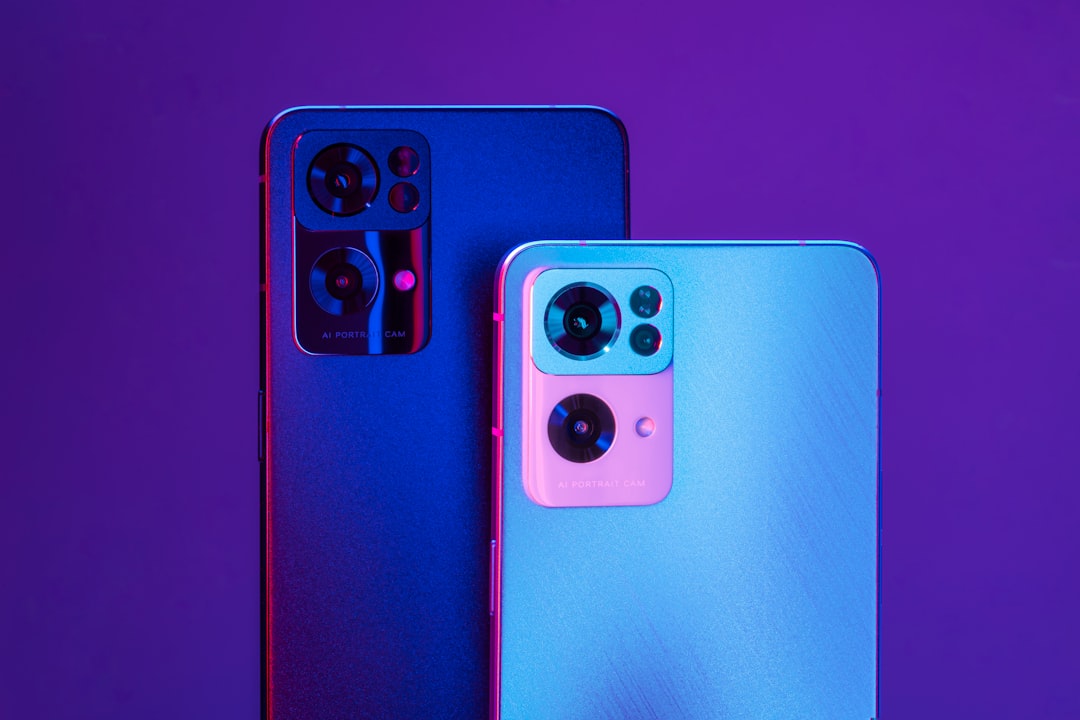Louisiana consumers have rights against robocalls under the Telephone Consumer Protection Act (TCPA). Unsolicited marketing calls are illegal without explicit consent and can lead to legal action, damages, and potential treble damages if willful violations are proven. Documenting and reporting robocalls is crucial for protecting yourself and pursuing legal options, including suing for robocalls in Louisiana, where up to $500 per violation may be awarded.
In the digital age, consumers in Shreveport, Louisiana, face a growing nuisance: robocalls. Understanding your rights is crucial. This article delves into the world of automated telemarketing calls, exploring consumer protection laws in Louisiana and what constitutes unlawful robocalls. We discuss legal options, including whether you can sue for robocalls in Louisiana, and provide practical steps to document and report them effectively. By shedding light on this pervasive issue, we empower Shreveport residents to protect their privacy and take action.
Understanding Robocalls and Consumer Protection Laws in Louisiana

In today’s digital era, robocalls have become a ubiquitous part of daily life for many Shreveport consumers. These automated phone calls, often marketing or telemarketing in nature, can be frustrating and intrusive. Louisiana consumers should know that they are protected by consumer protection laws designed to mitigate the impact of unwanted robocalls. According to the Telephone Consumer Protection Act (TCPA), businesses must obtain explicit consent from recipients before placing automated calls for marketing purposes.
If you’ve received unsolicited robocalls in Shreveport, Louisiana, and feel your rights have been violated, you may have legal recourse. The TCPA allows consumers to take action against companies engaging in abusive or unauthorized robocall practices. This includes seeking damages for each violation, which can lead to significant compensation for those affected. Moreover, if a court finds that a company willfully or knowingly violated the TCPA, it may be subject to treble damages, meaning three times the actual harm suffered by the consumer. This makes understanding your rights and knowing when to sue for robocalls in Louisiana a crucial step in protecting yourself from unwanted and illegal telemarketing practices.
What Makes a Robocall Unlawful?

Robocalls, while often seen as a nuisance, can cross into unlawful territory if they violate consumer privacy laws. In the United States, including Louisiana, there are stringent regulations in place to protect individuals from unsolicited phone calls, particularly those made using automated technologies or prerecorded messages. These laws aim to prevent consumers from being harassed or disturbed by unwanted marketing or collection efforts.
One key aspect that makes a robocall unlawful is the lack of explicit consent from the recipient. Consumers in Louisiana have the right to refuse such calls, and companies must adhere to strict guidelines for contacting individuals. If a company continues to make automated calls after being asked to stop, it can lead to legal repercussions, including potential lawsuits. The Telephone Consumer Protection Act (TCPA) provides consumers with the ability to hold perpetrators accountable, allowing them to seek damages for unauthorized robocalls and, in some cases, sue for up to $500 per violation.
Legal Options Against Robocallers: Can You Take Legal Action?

If you’re tired of receiving unwanted robocalls, know that there are legal options available to protect yourself as a Shreveport consumer. In Louisiana, the Telephone Consumer Protection Act (TCPA) prohibits automated telephone calls and text messages from companies or individuals with certain exceptions. If you’ve been harassed by recurring robocalls, you may have grounds for legal action.
You can file a complaint with the Federal Trade Commission (FTC) or take matters into your own hands by suing the robocaller in state or federal court. The TCPA allows for individual consumers to seek damages of up to $500 per violation, which can quickly add up if you’ve been targeted repeatedly. While this may not be a lucrative venture, it can send a powerful message to prevent future unwanted calls and hold violators accountable.
How to Document and Report Robocalls Effectively

If you’re experiencing an excessive number of robocalls, it’s crucial to document and report them effectively. Start by keeping a detailed log of each call, including the caller’s phone number, the date and time of the call, and any specific messages or prompts they left. Also, note down if you’ve answered or let the call go to voicemail. This information can be invaluable when deciding whether to take legal action.
To report robocalls, utilize resources provided by regulatory bodies like the Federal Trade Commission (FTC). The FTC allows consumers to file complaints online through their Do Not Call registry and offers tools to identify and block unwanted calls. Additionally, many state agencies have their own regulations regarding robocalls, including laws that allow you to sue for damages if your rights have been violated in Louisiana. Documenting and reporting these calls not only helps protect yourself but also contributes to broader efforts against telemarketing fraud.
The Impact of Robocalls on Shreveport Consumers and Their Rights

Shreveport consumers, like many across the nation, have experienced a surge in unwanted robocalls in recent years. These automated phone calls, often promoting products or services, can be frustrating and intrusive. However, beyond the mere annoyance factor, robocalls can significantly impact an individual’s well-being, especially those who are elderly or vulnerable. In Louisiana, consumers have certain rights when it comes to managing these unwanted calls.
Knowing your rights is crucial in dealing with robocall issues. Federal laws, such as the Telephone Consumer Protection Act (TCPA), provide safeguards for consumers against excessive and unsolicited phone marketing. If a Shreveport resident feels they’ve been harmed by repeated or illegal robocalls, they may have options, including seeking legal recourse. The ability to file a lawsuit, including the potential for monetary compensation, is available for those who can prove violation of their consumer rights, particularly regarding Can I Sue For Robocalls in Louisiana.






